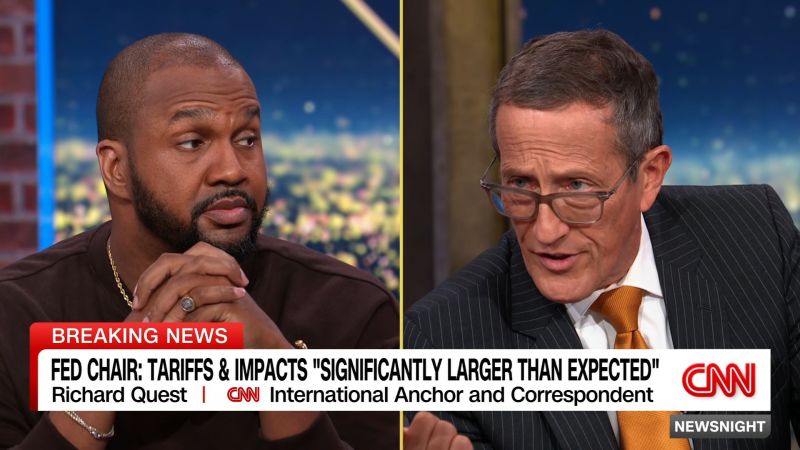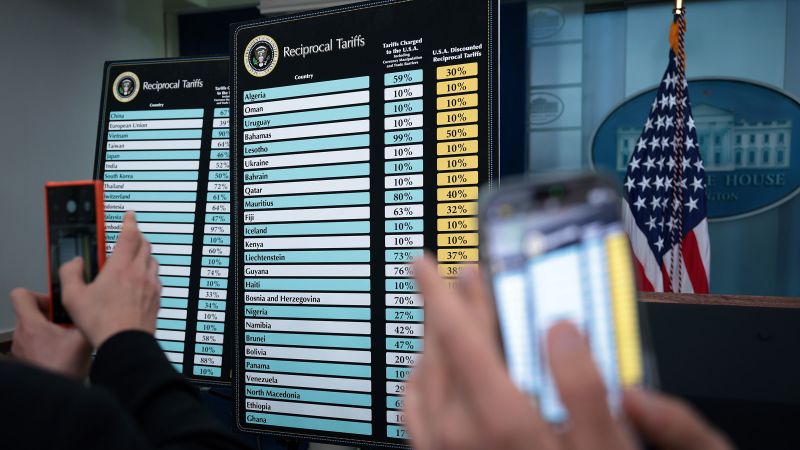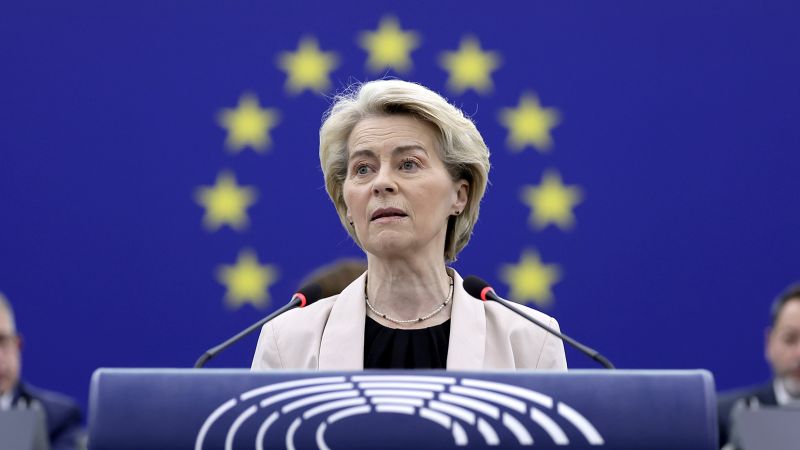Analysis and Impact of Trump's Proposed Tariffs on Global Trade

The global economy is currently facing a tumultuous period as a result of President Trump's recent implementation of widespread tariffs. These measures, dubbed the "Liberation Day" tariffs, have sent shockwaves through international markets, prompting widespread concern and retaliatory actions from various countries.
Trump's Tariff Plan: An Overview
President Trump has initiated a comprehensive tariff plan, imposing a baseline tariff of 10% on goods from all countries worldwide. Furthermore, he has designated specific countries as "worst offenders," subjecting them to significantly higher tariffs, such as 20% for the EU and 34% for China. These tariffs, according to Trump, aim to reduce trade imbalances and level the international playing field.
However, the approach has been criticized for its bluntness, applying the same formula to countries regardless of their trade barriers. The administration's formula focuses on the trade deficit in goods, ignoring services, and uses a single year's data, which may not accurately reflect long-term trade relationships.
Market Reactions and Economic Turmoil
The immediate impact of these tariffs has been severe, with stock markets around the world experiencing significant declines. The UK's FTSE 100 suffered its worst daily drop in over five years, while major US indexes also plummeted. Experts estimate that trillions of dollars have been wiped off the global stock market's value since the announcement. The tariffs have triggered fears of a global trade war, with potential repercussions for economic growth and stability.
Responses from Other Countries
China has already announced retaliatory tariffs of 34% on all products imported from the United States, effective April 10. Other countries, including those in the European Union, are considering their response options. Canadian Foreign Minister Mélanie Joly has stated that Canada is already in a trade war with the US. Bolivia has warned that the US tariff policy could spark a global trade war with severe economic repercussions, urging a collective response from the international community. The UK Prime Minister has engaged in discussions with other world leaders, emphasizing the need to avoid an all-out trade war.
Impact on Specific Sectors and Companies
The tariffs are expected to impact various sectors, including technology, manufacturing, and renewable energy. Companies with global supply chains are particularly vulnerable, as they face increased costs and potential disruptions. For instance, the CEO of RH (Restoration Hardware) reacted dramatically as the company's stock plummeted due to concerns about rising costs under the new tariffs.
However, some sectors may be less directly affected. Michael Saylor, Executive Chairman of Strategy, pointed out that Bitcoin won’t face tariffs under US President Donald Trump’s new import tax plan because digital assets may escape direct effects. Similarly, Chinese AI company DeepSeek appears unfazed, as its primary offerings are digital AI models and software, not physical goods subject to traditional tariffs.
The Renewable Energy Sector in India
The imposition of reciprocal tariffs between the United States and India is also impacting the domestic renewable energy sector with varied views on its short and long term impacts. Experts suggest that while the tariffs may not significantly disrupt India’s renewable energy progress immediately, they do underline the growing need for India to strengthen its domestic capacity and cost competitiveness to thrive in an increasingly globalised market.
Potential Long-Term Consequences
The long-term consequences of Trump's tariffs are uncertain, but economists and analysts warn of several potential risks. These include reduced global trade, slower economic growth, higher consumer prices, and increased geopolitical tensions. The tariffs could also lead to a fragmentation of the global trading system, with countries forming regional blocs and pursuing protectionist policies.
There is also the risk that the tariffs will disproportionately harm developing countries, which rely on exports to the US market. Bolivia has already warned of these dangers and urged a collective response from the international community.
Conclusion
President Trump's "Liberation Day" tariffs have triggered a global economic crisis, with stock markets reeling and countries scrambling to respond. The long-term consequences of these tariffs are uncertain, but the potential for a global trade war and economic disruption is significant. As countries navigate this turbulent period, international cooperation and dialogue will be crucial to mitigate the risks and ensure a stable and prosperous future for the world economy.







